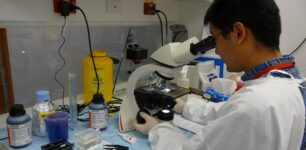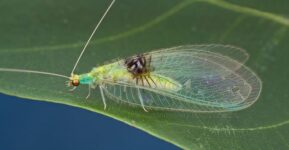Scientists recently collected a sample of brown moss which is 1500 years old and was frozen in Antarctic Peninsula. Much to their amazement, the moss was able to sprout back to life after being put under light.
In the past, scientists and researchers have been able to find microbes frozen in the ice which resumed life thousands of years later. However, what makes the case of the moss unique is that this is the first time a multicellular organism has been able to come back to life after so long.
According to British Antarctic Survey researcher Peter Convey, “It’s basically the first record of anything regenerating of that sort of age. There are records of microbes being pulled out of ice cores and permafrost, but nothing that’s multicellular has ever been recorded to do it.”
The discovery can lead to some very intriguing implications for mankind. For instance, with the imminent climate changes and the melting of glaciers, certain plant life forms may spring back to life. This is an interesting possibility that may play a role in balancing the ecosystem of our planet eventually.
There have been similar discoveries, although of a humbler nature, in the past. Back in 2012 for instance, Russian researchers found seeds in 32,000-year-old permafrost. The scientists pulled out some tissues from these seeds and groomed them into flowers. Such discoveries hold a promise that we may be able to reach out and gather plant types and species which are thousands of years old.
Source:Current Biology
Thanks To:PopSci
[ttjad keyword=”htc-phones”]



